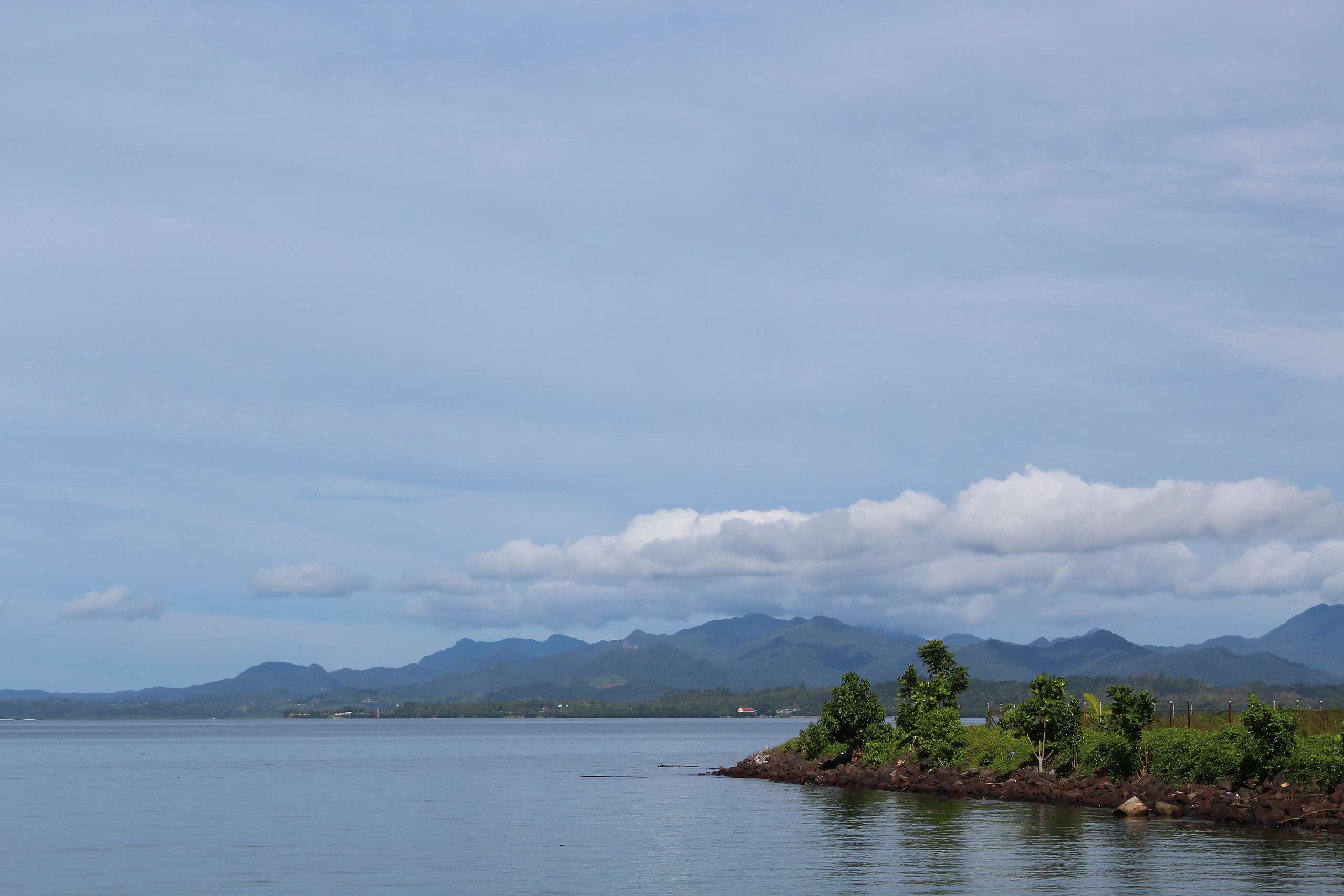
This year, the UN’s International Day for Peace focuses on Climate Action for Peace. The day draws attention to how the effects of climate change—such as displacement and economic disruption, food security, and health—threaten peace and security. USAID’s Ready Project, implemented by DT Global, is working with Pacific Island Countries (PIC)—some of the nations most vulnerable to climate shocks—to support their work toward disaster preparedness and climate resilience.
As potential victims of climactic shocks which unexpectedly affect livelihoods, creating climate resiliency in the private sector is crucial to a community. In PIC, small and medium-sized enterprises (SME) are particularly vulnerable to climate-related disasters. In fact, research from the Wellington Region Emergency Management Office shows that 75% of SMEs without business continuity plans fail within three years of a disaster. For four years running, the PIC nation of Vanuatu has been ranked as the world’s most disaster-prone country in an annual World Risk Report, published by the United Nations University's Institute for Environment and Human Security, making its businesses particularly vulnerable to disruption.
Home to nearly 300,000 people, the island nation of Vanuatu consists of an archipelago of 83 islands that offer fantastic island views, rainforests, great diving, wildlife, and unforgettable Pacific hospitality. However, this tropical paradise is not a stranger to adverse environmental events. In 2015, Tropical Cyclone Pam, the second most intense tropical cyclone of the south Pacific Ocean, struck Vanuatu as a category 5 storm. The economic effects of this storm were approximately VT 48 billion (US$450 million), equivalent to 64% of the GDP of Vanuatu.
USAID’s Ready project is working with businesses across Vanuatu, in partnership with the Vanuatu Chamber of Commerce and Industry (VCCI), to strengthen their resilience using Business Continuity Planning (BCP) trainings to prepare for and recover from natural disasters. The training program is based on the successful business continuity planning program that the Ready team has supported in Fiji, Samoa, and Tonga. To-date more than 260 businesses across Fiji, Samoa, Tonga, and Vanuatu have received BCP training.
Business continuity planning and disaster preparedness, which looks at potential disruptive events and scenarios for mitigation from the business front to its supply chain, is a standard part of business planning. But for SMEs in PICs and Vanuatu in particular, the potential for natural disaster and climate-related natural disasters is much higher than average. When disaster strikes, businesses may sustain property damage, data loss, and disrupted communications. With a proper business continuity plan in place, businesses can become resilient to climate change by ensuring that following a disaster, they are able to recover their property, data, and assets, which are key to resuming business.
USAID Ready’s BCP course trains business owners—including owners and staff from local hotels, goods and services providers, retail stores and small community shops—on how to prepare a BCP to continue operation after a disaster or disruption. The two-day course provides an overview of BCPs and how to develop them, insight on how to identify key characteristics of resilient organizations, and a chance to network with other local businesses. The first iteration of the BCP course, offered in Port Vila, also included a training-of-trainers (TOT) component.
The TOT prepared six participants from four SMEs to deliver the BCP course to more than 80 additional business owners, including nearly 40 women, in other provinces of Vanuatu: Tafea, Malampa, and Sanma. The participants who were trained as trainers include the staff of the VCCI; the Risk Manager of a local Bank that provides financial services to SMEs across the country; a member of the Vanuatu Tourism Authority which works nationwide to assists small, community-level tourist operators; and the Program Manager of a local organization that provides support and services to get young people into business. We anticipate that our trainers will continue to train other entrepreneurs and business owners in their communities.
Dion Able, a BCP training participant and Managing Director at a retail store, noted that sharing climate-related challenges with other business operators in Vanuatu has helped him to brainstorm solutions with his peers. “Through this training I have so many ideas and tips to keep my business running. I like that I have learned about business preparedness and that if I have a plan in place before a disaster strikes, this makes me able to continue on with my business and not have to potentially close,” he stated.
Post-training, our Ready team continues to work closely with VCCI to support business owners as they complete and implement their preparedness plans. Lessons learned will be integrated into future training and be used as baselines for effectiveness of BCP training on business health post disaster, in the event of future large-scale disasters.